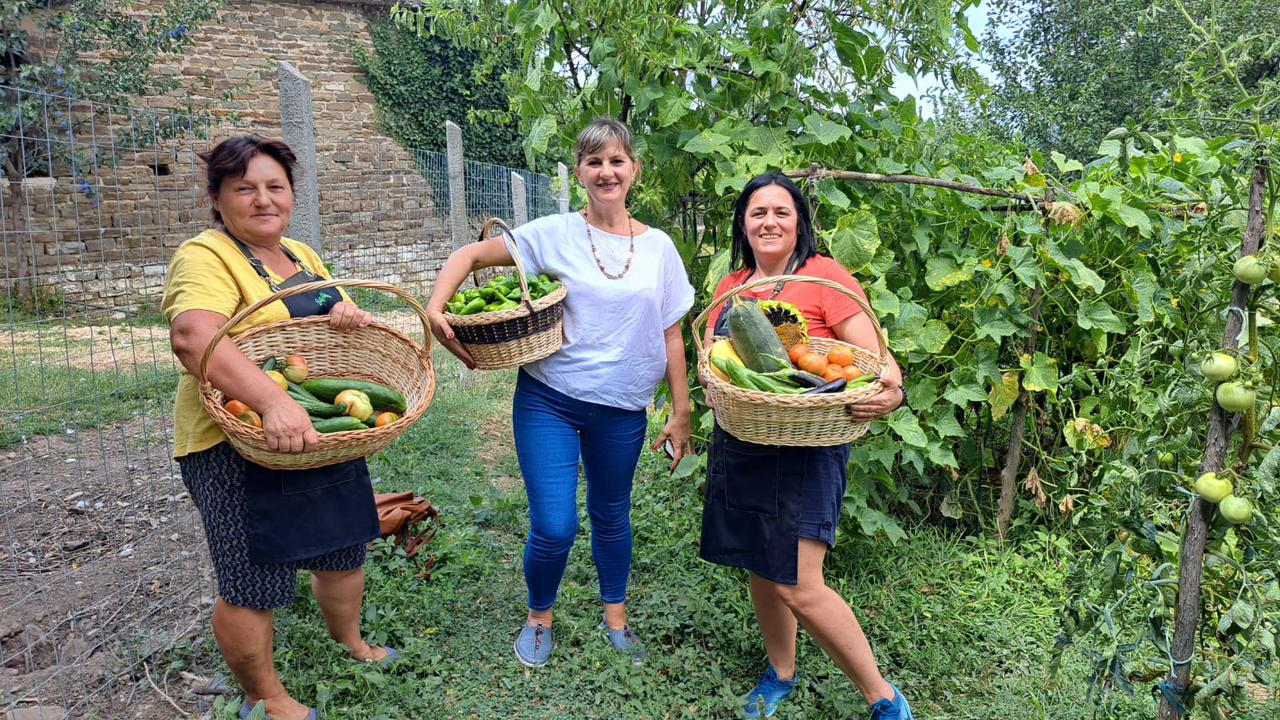Consumer trends in the context of Covid-19

Consumer behaviour is changing as a result of the current global pandemic, with people around the world making changes to the way they live and what they purchase. Many of them are eager to keep their new habits (McKinsey, 2020).
Google Sustainability Officer Kate Brandt found that, over 90 days during the first half of 2020, search interest in ‘how to live a sustainable lifestyle’ increased by more than 4,550%. The findings came from 'Google Trends,' which analyses the popularity of top search queries in Google Search across various regions and languages.
Changes in habits
In the UK, more than 19 million people are cooking more from scratch and 17 million are throwing away less food. This data is based on the YouGov and Food Foundation fieldwork from April 2020, conducted in order to analyse the impact of Covid-19 on food behaviors and attitudes.
According to Accenture Covid-19 Consumer Research, also released in April 2020, the pandemic has led to an increase of consumers concerned about ‘ethical consumption.’ Research of more than 3,000 consumers in 15 countries across five continents found that 64% of respondents are focusing more on limiting food waste, while half are making more health-conscious decisions when grocery shopping and will likely continue to do so going forward.
For many people, the economic impacts of current pandemic can cause more fear than the health effects, Accenture states. Reduction in income, changes in everyday routines and financial problems can all lead to a rise in conscious consumption, especially as many expect the effects of the pandemic to be long-lasting. This conclusion came from McKinsey – which has fielded consumer surveys across 45 countries since mid-March in order to understand the impact of Covid-19 on consumer sentiment and stated behavior.
Recovery after crisis
The sustainable behaviors and consumption habits adopted by many during the Covid-19 pandemic demonstrate that citizens from across the world are willing and able to make changes toward more sustainable lifestyles.
Recent research by Ipsos “How do Great Britain and the world view climate change and Covid-19?”, conducted online across 14 countries globally, shows that environmental issues are still a priority among citizens during the time of this global pandemic and that majority of people believe climate change is as serious as the virus.
While governments are preparing recovery plans, environmental considerations must be placed at the heart of any plans to ensure countries build back better.
Read more about how sustainable consumption and production can support countries to #BuildBackBetter from the Covid-19 pandemic
Food systems
Statement on the Covid-19 crisis and food systems
WEBINAR: Cities and Covid-19: food access for vulnerable communities in practice
Tourism
One Planet vision for a responsible recovery of the tourism sector
Global tourism sector should continue fight against plastic pollution during and after Covid-19
Lifestlyes
WEBINAR: Sustainable Lifestyles in a Pandemic World
Others
WEBINAR: Making sustainable public procurement part of the Covid-19 fiscal response
WEBINAR: Sustainability After Covid-19 - Building resilient supply chains

